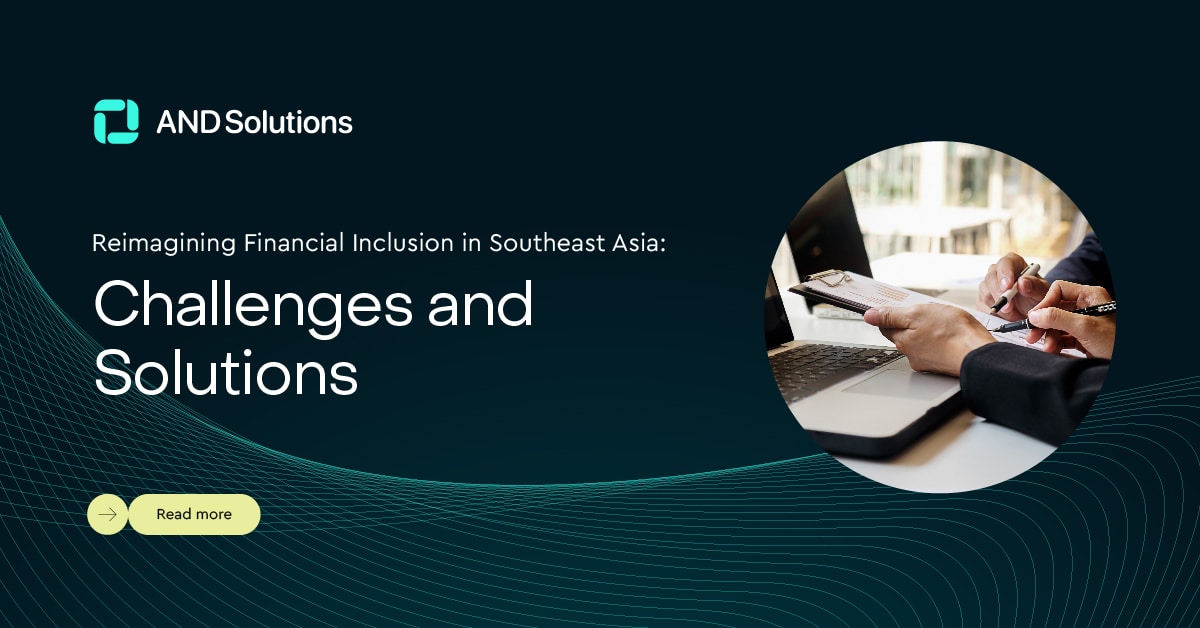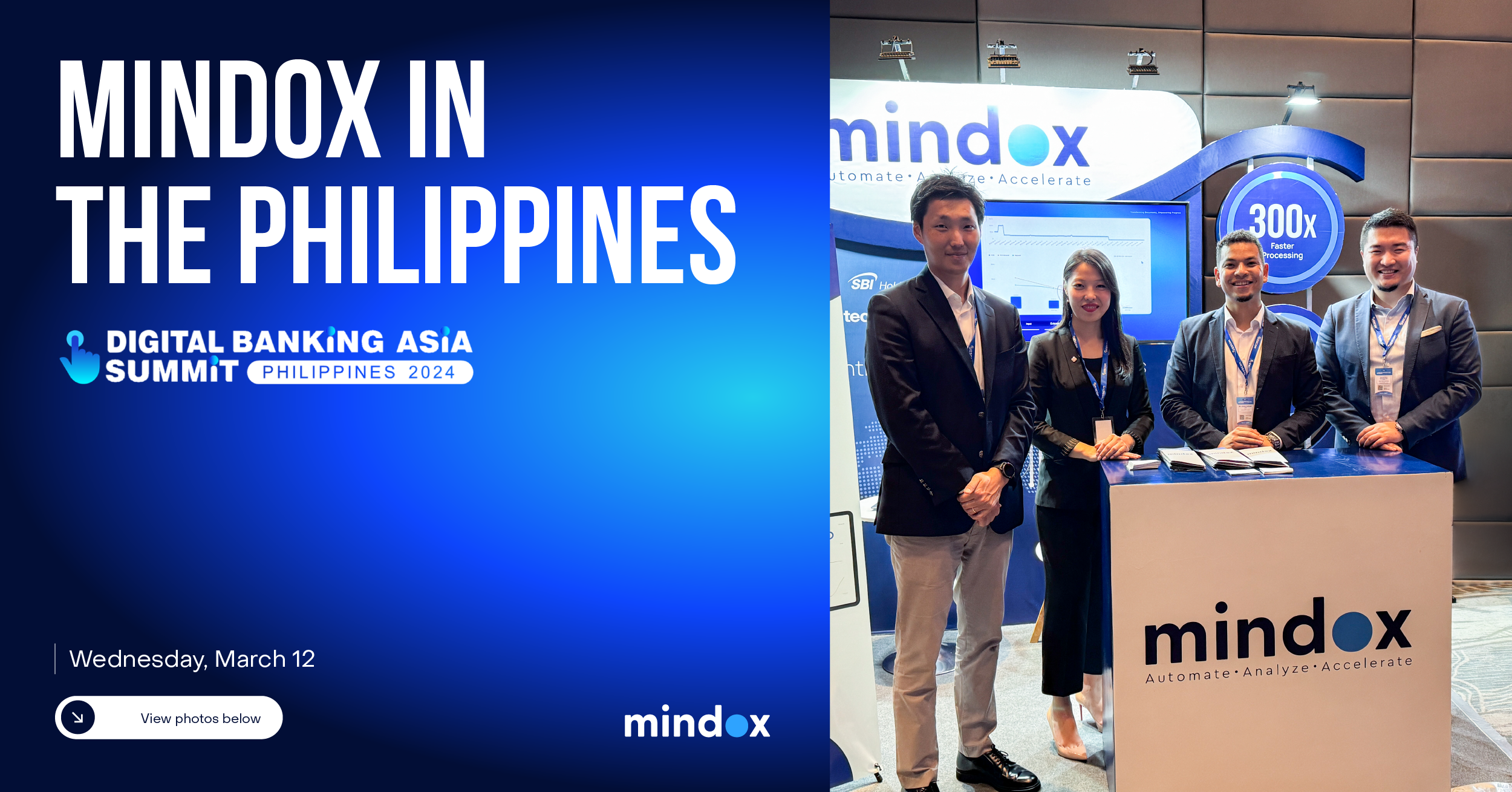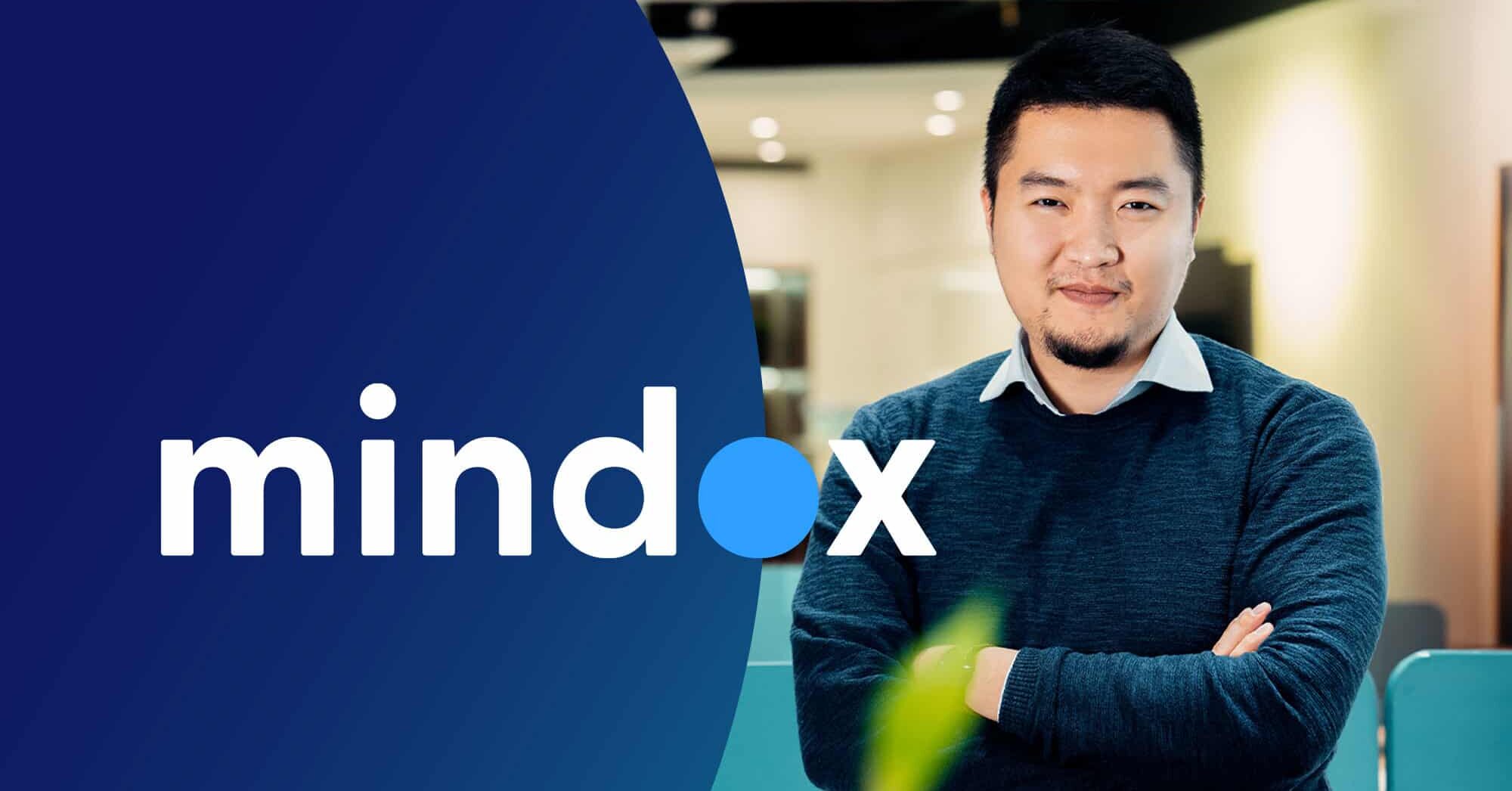In recent years, Generative Artificial Intelligence (AI) has captured widespread attention, exemplified by ChatGPT’s rapid growth, amassing 100 million users in just two months. This surge is driven by the immense potential of Generative AI, projected to add up to $4.4 trillion to the global economy annually.
However, major companies like Apple and Samsung have banned employee use of Generative AI due to security and privacy concerns. Despite these bans, some employees continue to use the technology clandestinely. This raises important questions about regulation. Should Generative AI be regulated, and why? In this exploration, we consider the benefits and challenges of regulating Generative AI.
The Double-Edged Sword of AI
Generative AI, powered by vast data and advanced computing, can replicate human language and generate content with unprecedented accuracy. However, this ability brings with it significant risks, from deepfakes to biased algorithms, especially pertinent in a region as ethnically and politically diverse as Southeast Asia. The challenge is to develop a legal framework that is neither a bottleneck for technological advancement nor a blind eye to its potential misuses.
Global Context and Local Nuances
Internationally, approaches to AI regulation vary. The “soft regulation” model of the UK and USA focuses on stimulating innovation, while the “Big Seven” countries are developing international AI standards. Southeast Asia must navigate this global landscape while considering its unique technological, cultural, and political intricacies.
Fostering Innovation within Ethical Boundaries
Countries like Singapore, Indonesia, and Vietnam are emerging as tech powerhouses. Over-regulation risks stifling this growth. The goal should be to create regulations that empower innovation but are underpinned by strong ethical standards. This involves a multifaceted approach:
- AI Governance Bodies: Establish independent bodies to oversee AI development, ensuring it adheres to ethical and legal standards.
- Public-Private Partnerships: Encourage collaboration between governments and tech companies to foster responsible AI development.
- Invest in AI Literacy: Promote AI education to empower users and developers, ensuring a society that is both aware of and prepared for AI’s impact.
Technical Specifics and Ethical Considerations
A deeper understanding of neural networks and their capabilities is crucial. Regulations should address the specific challenges posed by these technologies, such as data privacy and algorithmic bias. Ethical guidelines in Southeast Asia may need to be tailored, considering the region’s diverse socio-cultural dynamics.
Stakeholder Involvement
A collaborative approach, involving governments, businesses, academia, and civil society, is essential. Each stakeholder brings a different perspective, crucial for a well-rounded regulatory framework.
Conclusion
In conclusion, Generative Artificial Intelligence (AI), exemplified by the rapid growth of ChatGPT, holds immense promise but also presents significant challenges. The need for regulation arises from the dual nature of AI—offering transformative potential while posing potential risks.
AND Solutions, as a tech company, encourages responsible AI use among employees. In Southeast Asia, crafting effective regulation means considering global trends and regional nuances. A balanced approach includes establishing AI governance bodies, fostering public-private partnerships, and investing in AI literacy.
Addressing technical specifics and ethical concerns is crucial, requiring collaboration among stakeholders from various sectors. Southeast Asia has the opportunity to guide AI’s growth responsibly, ensuring it benefits society while minimizing risks.








